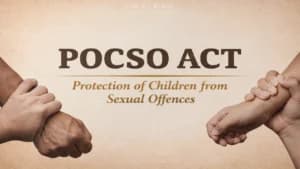The Kerala High Court has refused bail to five juveniles who were allegedly involved in the tragic death of Shahabas, a 15-year-old Class 10 student from Kozhikode. The incident, which occurred after an altercation at a tuition center, has shocked the community and drawn attention to youth violence.
Read also: Historic First: Kerala’s Pala Bar Association Elects All-Women Office Bearers
Justice Jobin Sebastian, while delivering the judgment on April 25, observed:
“Considering the above aspects, I am not inclined to grant bail to the petitioners.”
The juveniles were arrested for allegedly attacking Shahabas with a nunchaku—a martial arts weapon—over a dispute related to a farewell event organized at the tuition center. Reports indicate that the group created WhatsApp and Instagram chats to plan the assault. Shahabas sustained a fatal skull fracture from the attack and later succumbed to his injuries.
Read also: SC Slams Kerala HC For Quashing POCSO Case Against Teacher Accused of Harassing 52 Students
The five accused have been charged under several sections of the Bharatiya Nyaya Sanhita (BNS), including:
- Section 103(1) – Murder
- Section 126(2) – Wrongful restraint
- Section 189 – Unlawful assembly
- Sections 191(2) and 191(3) – Rioting
- Section 118(2) – Voluntarily causing hurt or grievous hurt
- Section 190 – Additional related charges
The Juvenile Justice Board had previously denied their bail, citing potential threats to the juveniles’ safety. The High Court agreed, noting that the school had received multiple anonymous calls threatening the lives of the accused if they were released.
“Moreover, in the present cases, a minor aged 15 years was murdered. It is noteworthy that the Juvenile Justice Act aims not only to take care of the children in conflict with law but also to address the needs and welfare of all juveniles. The objective must be balanced with the need to ensure justice for victims and the broader societal interest,” the Court stated.
The defense argued that the juveniles have already spent 56 days in custody. However, the Court maintained that the seriousness of the crime and the risk involved outweighed the time spent in detention.
This judgment underscores the importance of accountability, even among minors, in serious criminal cases. It also reflects the Court's commitment to balancing rehabilitation with justice for victims.














